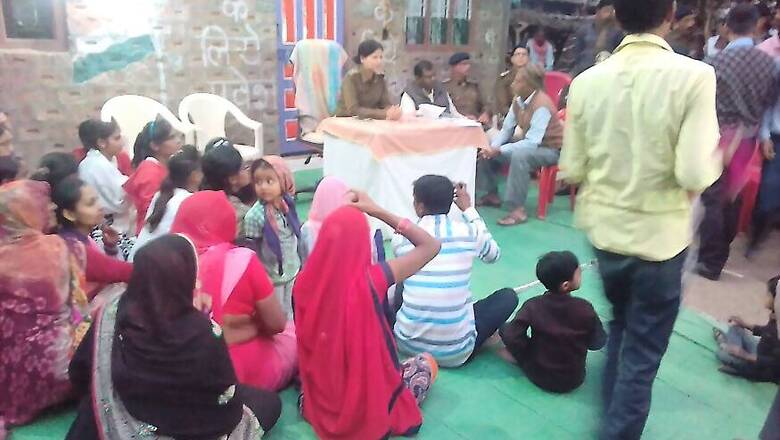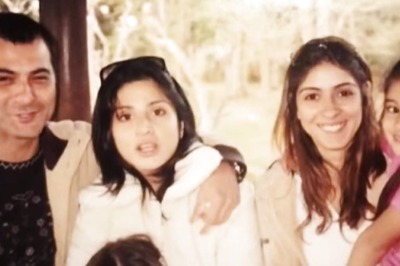
views
Rajgarh/Shajapur: Patidar women in Madhya Pradesh are fighting the stigma of being branded ‘witches’ for generations within their own clan.
Hundreds of such women recently approached senior district administration and police officers in Rajgarh and Shajapur districts against the practice.
The practice is prevalent in nine villages of Rajgarh and three in neighbouring Shajapur.
The archaic social evil has resurfaced with full vigour in last few years, especially after the village body elections four years ago. Patidar community men who took on each other in the elections and used the practice to target each other, claim locals.
Daughters of women branded as witches also have to carry the disgraceful tag and face social stigma all through their life. Age also doesn’t seem to be a factor. This was evident from the fact that a women approached Shajapur district administration recently with a six-month-old girl branded as witch because of her mother is from Bhayana village in Shajapur.
“The baby belongs to my brother-in-law whose wife was branded as witch so her daughter too faces social stigma,” said Raghu Patidar (name changed) from Bhayana. If the girl touches any food during any social gathering, then no one will eat it, he claimed.
“My wife inherited this stigma from her mother and my two girls also were branded. I had tough time marrying them off,” he said.
Only daughters born to these women have to face hardships as boys are embraced by society with open arms, he added.
“Mostly affluent families declare woman or girls as dayan or vishkanya and society follows suit by ostracising her,” a woman from Shajapur told administration officers. Well-educated and those with government jobs all idulge in the practice, she said.
A young woman in her late 20s told the police officers in Rajgarh that she was forced by her in-laws to break ties with her mother as she empathised with those branded as witches. “Later as I also sympathised with ostracised women, my in-laws, coerced by influential Patidar families, restricted my entry into their home,” she added.
Superintendent of Police, Rajgarh, Simala Prasad, who visited Piplya Risoda village after receiving complaints, found out the accusations to be absolutely true.
“I met several families in the village and found that even if these girls are married within their community, the humiliation and stigma continues. No one eats food cooked by them and they are treated as like untouchables,” she said.
Deputy Collector of Shajapur, Kalavati Byare, who visited affected villages in her district told News18 that women are behind this practice and, despite persuasion, are not willing to shun it.
“We are planning to raise awareness with the help of State Women’s Commission, MP Human Rights Commission and other institutions,” she said, adding that law has its limitations as this happens within a single community and any stringent legal intervention could fuel it.
The MP Patidar Samaj Sangthan is well aware of this and has been making efforts to mediate in last few years. “As part of my efforts to end this social evil, I had tried persuading the community against it in July during a religious event,” said state president Mahendra Patidar.
“On Jan 12, we are planning a panchayat of our community against this tradition,” he said.
The ‘witches’ can only shed their tag by having charnamrit (sacred water) at the Kadawala Mata temple in village Kadawala, once permitted to do so by the community.



















Comments
0 comment